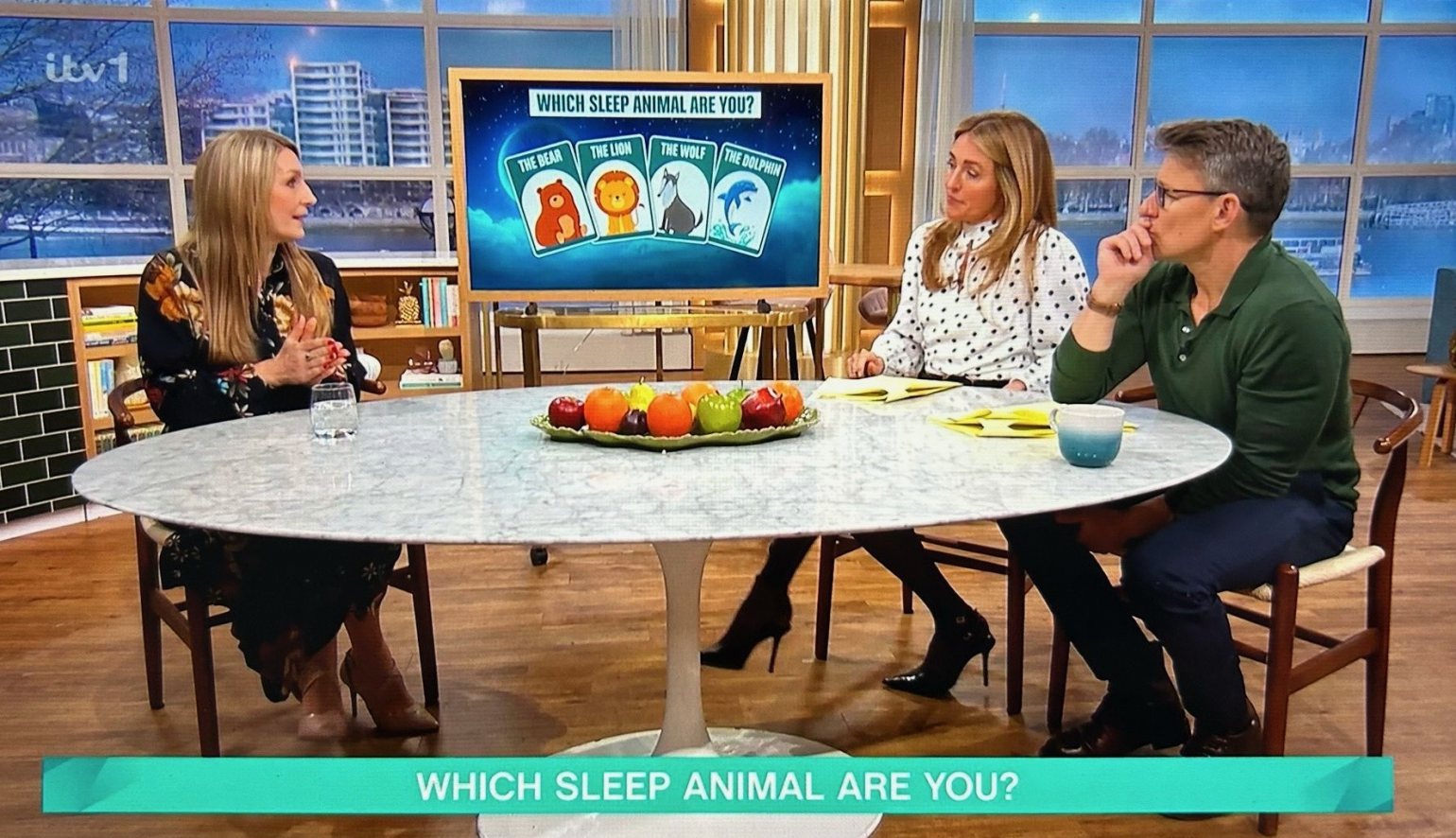What Is Your Sleep Animal?
You may have heard about "larks" and "owls", but have you heard about the four sleep animals?
Many people have heard about larks (early birds), being people who like to go to bed early and wake up early in the morning, and night owls being those who stay up late and prefer to sleep-in in the morning. However, many people don't feel that either of these categories suit them and may feel that they are somewhere in-between, or that their sleep is something different altogether. This is where the four sleep animals come in.
Your chronotype (or sleep animal) describes when you feel most energised and alert during the day, as well as whether you prefer to go to bed earlier, or sleep-in late in the morning. By knowing your sleep animal you can better organise your day to maximise your strengths and productivity.

The Lion
The lion is somebody who wants to wake up early and feels most energised in the earlier part of the day. Towards the afternoon and evening they may become fatigued and want to go to bed fairly early. Many adults may find that they become more like the lion chronotype as they get older, compared to when they were in their early 20's.
Most Productive: Ideally, schedule your most difficult tasks earlier in the day when you are feeling your most energised. Leave the easier and less-important meetings for after 2pm, when you may be starting to flag.
Best Exercise Time: As you are likely to wake up in the morning feeling energised, you may want to schedule an exercise class before work. Try to avoid exercising too late as you may not be feeling up for it at that time.
Potential Pitfalls: Try to avoid falling asleep on the sofa in the evening in front of the TV, or going to bed much too early, or you may find yourself waking up at 4am unable to go back to sleep.
The Wolf
The wolf is somebody who wants to sleep-in in the morning and feels most energised in the later part of the day. Towards the afternoon and evening they may become more energised and may avoid going to bed on time as they want to keep going. The morning alarm clock is not their friend! Many teenagers may relate to this chronotype.
Most Productive: Ideally, schedule your most difficult tasks in the later part of the day when you are feeling your most energised. Do not schedule any important or difficult tasks early in the morning, and a business meeting over breakfast is unlikely to show your best side.
Best Exercise Time: As waking up early to work-out is likely to be unpleasant, the best times to exercise might be in the afternoon or after work. However, avoid vigorous exercise within 90 minutes of bedtime, as you may struggle to fall asleep quickly.
Potential Pitfalls: Try to avoid staying up too late or else you will struggle to get enough sleep when you are woken up by your alarm clock to go to work. Excessive weekend lie-ins may also affect your circadian rhythm, making it harder to go to sleep early enough to get the recommended 7-9 hours sleep.
The Bear
The bear is the most common chronotype. This is somebody whose alertness and activity levels match the rising and setting sun.
Most Productive: Ideally, schedule your most difficult tasks in the middle part of the day (10am-2pm) when you are feeling your most energised. Do not schedule any important or difficult tasks first thing in the morning or at the very end of the day. You may find an afternoon dip in your alertness around 2-3pm.
Best Exercise Time: Bears may find that they can exercise before work, at lunchtime or after work, as long as they avoid extremes. A walk outside in the sunshine after lunch may help to boost alertness for the rest of the day.
Potential Pitfalls: Try to keep a consistent sleep schedule throughout the week, including weekends, to avoid social jetlag (the feeling of being out of sync due to inconsistent sleep and wake times). If you sleep in too much on weekends, it may be harder to wake up early on Monday.
The Dolphin
The dolphin is somebody whose sleep is short and fragmented. They may feel "tired but wired". Like the bear, they feel most energised in the middle of the day, but are likely to feel more tired than a bear as they will be getting less good quality sleep. Women experiencing menopause, new parents, or someone going through a stressful period in their life may find their sleep disrupted and feel more like a dolphin.
Most Productive: Ideally, schedule your most difficult tasks in the middle of the day, as you may feel too tired in the morning and later in the afternoon.
Best Exercise Time: Although you may feel too tired to exercise, making time to stay active is likely to help your physical and mental health, as well as helping improve sleep. A brisk walk at lunchtime may make the most of when you are feeling most energised.
Potential Pitfalls: Prioritise good sleep hygiene to try to improve your sleep. Also, try to avoid staying in bed lying awake for long periods, as that may increase anxiety. Instead, get up for a little while and do something else to distract you like read or do a jigsaw before trying to go back to bed again.

Dr. Lindsay Browning is our resident sleep ambassador and expert for And So To Bed, recently appeared on ITV's This Morning to discuss sleep animals. You can watch the full interview HERE.
Dr. Lindsay Browning offers sleep therapy at Trouble Sleeping and is the author of the self-help sleep book, Navigating Sleeplessness.
-
Posted by Dr Lindsay Browning
14th February 2025


